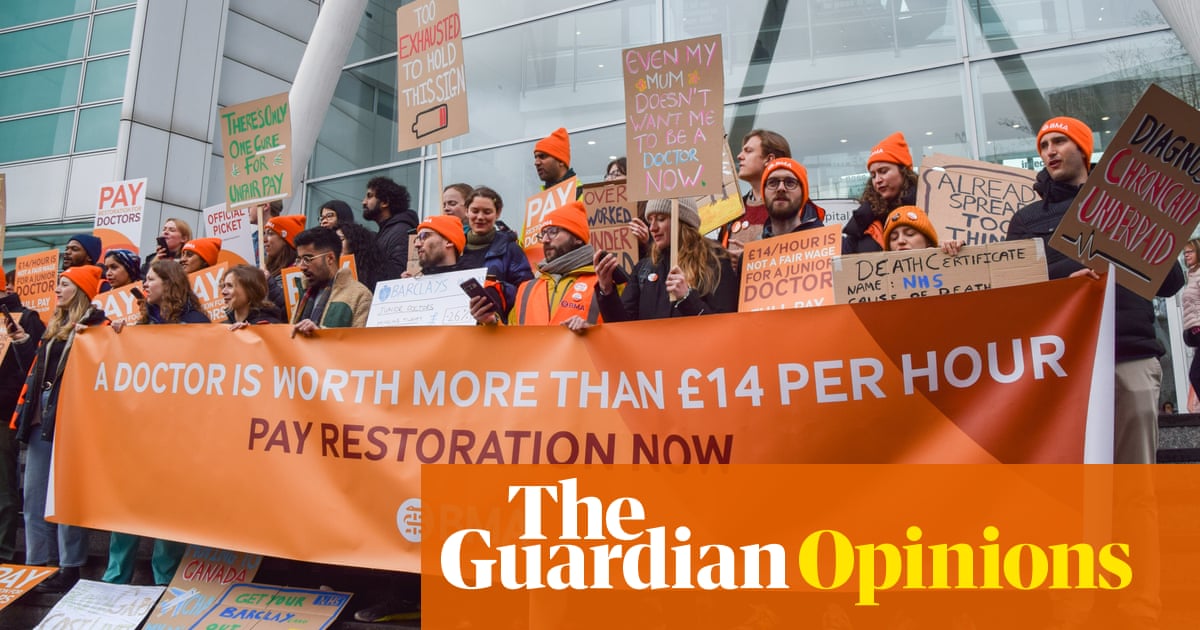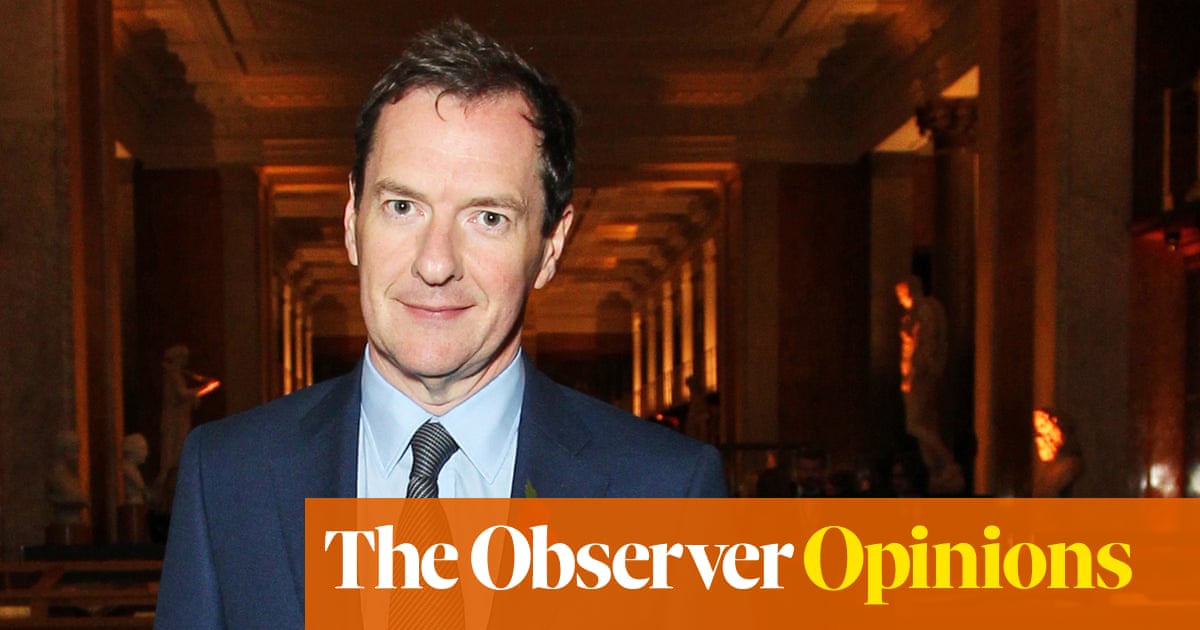
n recent weeks, giving to the NHS has gone through the roof. A grateful nation, watching the way doctors and nurses have put their lives on the line, feels inspired to give something back. The 99-year-old Captain Tom Moore marching around his garden has captured our imagination, and people across the UK have put their hands in their pockets and donated more than £28m to his campaign. All told, between Captain Tom and others, more than £80m has been raised so far, and will be distributed via the NHS Charities Together Covid-19 appeal.
NHS charities have a venerable history. Until 1948, when they were folded into the new health service, charities provided much of the UK’s healthcare. Nowadays, every NHS trust has a charity attached, and many survive from that time. Perhaps the most famous is the children’s charity associated with Great Ormond Street hospital, which dates back to 1852.
Nowadays, NHS charities provide everything from capital funding for experimental technology to counselling and respite care for the hard-pressed health workers who are currently giving so much.
But the NHS itself is not a charity. It shouldn’t have to be relying on charitable money to provide essential services to the British people.
Unfortunately there’s a bad history of exactly that happening. Too often, in recent years as governments have cut back provision, donated money has had to go on providing essential services that are the role of the state. Charities – not just in the NHS, but in education, social care and many other domains – are using their resources to fill in around a system that can no longer quite cope.
A 2018 poll of charity finance teams, for example, found that it was common for government bodies to ask charities to carry out services such as care and advice on their behalf, and that more than half of all charities subsidised those public services with donated money.
This isn’t right. There needs to be a clear division between what charities are for, and what the state is for.
Charities are a vital force in the UK. In 2016-17 they spent more than £48bn to help bring communities together, provide vital emergency aid, and lobby and campaign for a better world. They’ve helped those who are struggling in ways that the monolithic institutions of the state are often simply not able to do.
But charities are not there to replace universal state intervention. They are there to do what the state cannot.
The argument over charitable funds is laid clear when it comes to personal protective equipment (PPE), which the NHS has been desperately short of during this pandemic. There’s been some discussion of the fact that under charity law, money raised for the NHS can’t be spent on PPE.
And this makes sense: PPE is an essential, lifesaving tool. It shouldn’t be funded out of the chance generosity of ordinary people clubbing together. It should come out of a properly planned, properly resourced core budget. And for this to happen, that budget must be paid for, and that means taxes.
Take the Duke of Westminster, who has received praise for a £12.5m donation to NHS charities recently. He didn’t have to do it and his contribution should be applauded. But it’s also worth remembering that his £10bn fortune is due in part to the fact that he has benefitted from the UK’s tax laws, which can be relatively generous to those like himself who inherit very significant wealth. Under a more progressive tax structure, his contribution would rise by many multiples of his recent giving.
We all use the NHS. We must ensure government spends enough to fund it.
• David Ainsworth is a journalist and charity worker who writes about social and economic issues












